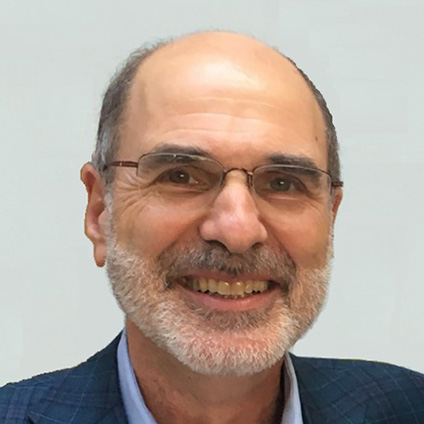Speakers: Jack Naglieri, Ph.D. and Tulio Otero, Ph.D.
2 CEs Available
Level of Activity: Intermediate
Abstract:
In this workshop, Equitable Assessment Practices for Racially, Culturally, and Linguistically Diverse Students are addressed via presenting Planning, Attention- Arousal, Simultaneous and Successive (PASS) theory as measured by the Cognitive Assessment System-Second Edition (CAS2). The focus is on accurate, equitable assessment, and identification of several disabilities (e.g., SLD, ADHD, etc.) and students who are learning English. A review of the current science in test interpretation, case studies of PASS profiles, comparisons to achievement using the Discrepancy Consistency Method, and interventions are provided.
Objectives:
- Describe/discuss PASS theory.
- Cite the validity of cognitive tests and interpretation.
- Discuss the difference between no test bias and equity.
- Explain how a brain-based approach to cognitive assessment is a fairer approach for diverse students.
- Identify possible interventions.
About Dr. Naglieri:
Jack A. Naglieri, Ph.D., is a former Professor at Northern Arizona University, The Ohio State University and George Mason University and currently Senior Research Scientist at the Devereux Center for Resilient Children.
He published 23 books, 51 tests and rating scales, and 300 research papers. He is widely known for his emphasis on innovative approaches to assessment of intellectual ability using tests such as the Cognitive Assessment System-2, Naglieri Nonverbal Ability Tests, Autism Spectrum Rating Scale, Comprehensive Executive Function Inventory and most recently the Naglieri General Ability Tests: Verbal, Nonverbal and Quantitative. He has an extensive test development and research program with emphasis on psychometric quality, equitable assessment, academic interventions and uniting sound theory with equitable scientific practice. He is also the recipient of many professional awards.

About Dr. Otero:
Tulio M. Otero, Ph.D., was born in New York City and later raised in Puerto Rico. He has worked in various settings, including schools, clinics, and hospitals. Dr. Otero spent 10 years as an associate professor in the School and Clinical Psychology programs at the Chicago School of Professional Psychology, and 6 years with California Southern University.
He attained a Master's degree in School Psychology, a Ph.D. in Health Psychology, and has a post-doctoral diploma in Clinical Neuropsychology from Fielding University. Previous therapy practice focused on trauma counseling, the use of hypnosis for a variety of conditions, and brief therapy methods.
Currently he is practicing as a School Neuropsychologist, working with a variety of age groups with a variety of concerns and disabilities. Dr. Otero has presented at national and international conferences on neurocognitive assessment and interventions based on PASS Theory and the Cognitive Assessment System-2, the assessment of executive function and intervention, fair and equitable assessment, and cultural competency, and has published several papers and chapters on these topics.
Previously, he served as the president of the Hispanic Neuropsychological Society and served on the editorial review board of the Journal of Attention Disorders, Revista de Neuropsicología, Neuropsiquiatría y Neurociencias. Most recently, he is invited co-editor of two special volumes on School Neuropsychology for Revista Iberoamericana de Neuropsicologia Vol. 8, No. 1 and no. 2 (Ibero-American Journal of Neuropsychology Vol. 8, No. 1 and no. 2 )
Dr. Otero is co-author of the Spanish edition of the Cognitive Assessment System 2, Essentials of CAS-2 Assessment, the Cognitive Assessment System-Digital version, and the forthcoming Spanish version of the Feifer Assessment of Reading test.
He is passionate about Martial arts and holds a 6th-degree black belt ranking in Taekwondo and a 4th-degree ranking in Hapkido. He uses the basic tenets of these arts to motivate and change the limiting mindsets of students, clients, and, of course, myself.

The American Academy of Pediatric Neuropsychology (AAPdN) is approved by the American Psychological Association to sponsor continuing education for psychologists. AAPdN maintains responsibility for this program and its content.
AAPdN is recognized by the New York State Education Department's State Board of Psychology as an approved provider of continuing education for licensed psychologists #PSY-0059. AAPdN maintains responsibility for this program and its content.
*Event Cancellation Policy*
Cancellations must be submitted no later than 10 days prior to the event to receive a full refund.
Cancellations made within 10 days of the event will not be eligible for a refund.
Thank you for your understanding and cooperation. We look forward to seeing you at the event!

